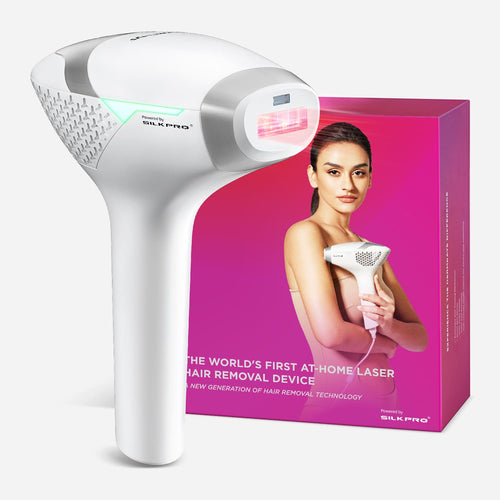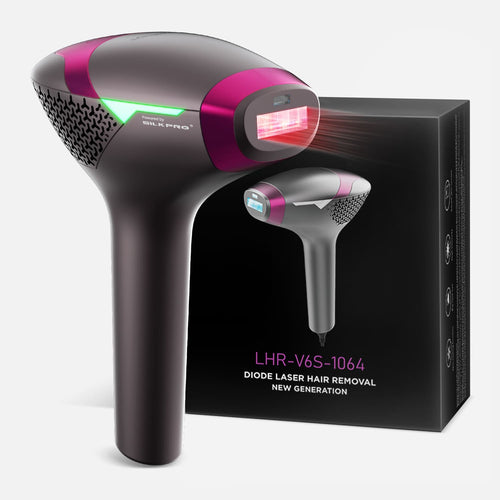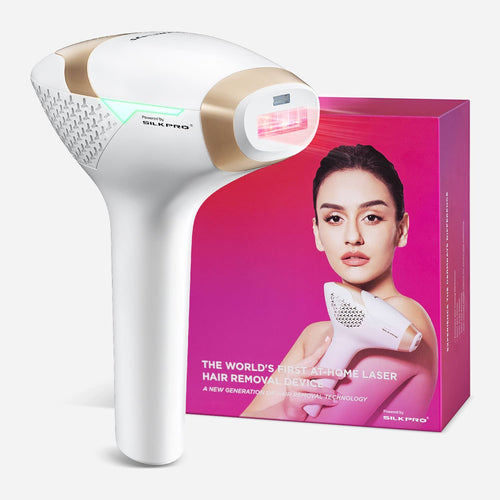Can You Workout After Laser Hair Removal?
One of the most frequently asked questions regarding laser hair removal aftercare is whether one can engage in physical activities, particularly working out, immediately after the procedure. While it's crucial to prioritize your health and well-being, there are some considerations to keep in mind.
Experts generally recommend avoiding strenuous exercises for at least 24 to 48 hours post-laser hair removal. The skin may be slightly sensitive, and engaging in activities that cause excessive sweating can increase the risk of irritation and infection. Sweat, when mixed with any residual laser hair removal gel or lotion, may lead to discomfort and hinder the healing process.
Furthermore, activities like swimming in pools or hot tubs should also be avoided during this initial recovery period. These environments can expose the treated skin to bacteria, potentially causing infections or other complications.

Can I Shave After Laser Hair Removal?
Shaving after laser hair removal is generally allowed, but the timing and technique matter. Immediately after the procedure, your skin may be slightly red and sensitive. It's advisable to wait for a few days before shaving to allow the skin to recover fully.
When you do decide to shave, it's essential to use a clean, sharp razor to minimize the risk of irritation or infection. Avoid using any harsh exfoliants or abrasive scrubs on the treated area, as this can exacerbate sensitivity.
Additionally, be gentle while shaving and refrain from applying too much pressure. Moisturize the skin afterward with a fragrance-free, hypoallergenic lotion to keep it hydrated and aid in the healing process.
1. Laser Hair Removal Aftercare:
Proper aftercare is essential for achieving the best results from your laser hair removal treatment. Here are some key tips for effective laser hair removal aftercare:
2. Avoid Sun Exposure:
Sun exposure can increase the risk of complications such as hyperpigmentation. It's crucial to protect the treated area from direct sunlight for at least a few weeks post-treatment. If sun exposure is unavoidable, use a broad-spectrum sunscreen with a high SPF.
3. Stay Hydrated:
Keeping your body hydrated is essential for overall skin health. Drink an adequate amount of water to maintain skin elasticity and facilitate the healing process.
4. Avoid Harsh Products:
Refrain from using harsh skincare products, such as retinoids or products containing alcohol, on the treated area. These can irritate the skin and impede the healing process.

Moisturize Regularly
Moisturizing is crucial for preventing dryness and promoting skin healing. Use a gentle, hypoallergenic moisturizer to keep the treated area hydrated.
Follow Post-Treatment Instructions
Your laser hair removal technician will provide specific post-treatment instructions. It's crucial to follow these guidelines to ensure optimal results and minimize the risk of complications.
1. Gentle Cleansing:
Maintain good hygiene by washing the treated area with a mild, fragrance-free cleanser. Avoid hot water and harsh soaps, as these can exacerbate sensitivity. Pat the area dry gently with a clean, soft towel instead of rubbing.
2. Patience is Key:
Laser hair removal is a gradual process, and results may not be immediately noticeable. Be patient and allow your body to respond to the treatment over time. It's common for hair to continue falling out in the days and weeks following the procedure.
3. Communicate with Your Technician:
If you experience any unusual or severe reactions, such as prolonged redness, swelling, or blistering, contact your laser hair removal technician promptly. Open communication ensures that any potential issues are addressed promptly, enhancing the overall safety and effectiveness of the treatment.
4. Clothing Choices Matter:
Choose loose-fitting, breathable clothing for the first few days after laser hair removal to minimize friction and irritation. Tight clothing can rub against the treated area, potentially causing discomfort or hindering the healing process.
5. Schedule Follow-Up Appointments:
Depending on the treatment plan recommended by your technician, you may need multiple sessions for optimal results. Be sure to schedule and attend follow-up appointments as advised to maintain the progress achieved with each session.
6. Understand Potential Side Effects:
While laser hair removal is generally safe, it's essential to be aware of potential side effects. Temporary redness, swelling, and mild discomfort are common, but severe complications are rare. Understanding what to expect allows you to differentiate between normal reactions and issues that may require attention.
7. Consultation Before Treatment:
Before undergoing laser hair removal, ensure you have a thorough consultation with your technician. Discuss any medical conditions, medications, or allergies you may have. This information helps tailor the treatment plan to your specific needs and reduces the risk of adverse reactions.
8. Postpone Certain Beauty Treatments:
Avoid undergoing certain beauty treatments immediately after laser hair removal. Waxing, threading, or using depilatory creams can irritate the treated skin. It's advisable to wait until your skin has fully recovered before engaging in these activities.
9. Be Mindful of Hair Growth Cycles:
Laser hair removal is most effective when targeting hair in the active growth phase. Understand the natural hair growth cycles and schedule your sessions accordingly for optimal results.
10. Long-Term Maintenance:
Even after achieving your desired results, occasional maintenance sessions may be necessary to address any hair regrowth. Work with your technician to determine the best long-term maintenance plan based on your individual needs.
11. Understand Sensations During and After Treatment:
During the laser hair removal procedure, you may experience a sensation akin to a rubber band snapping against your skin. Post-treatment, a mild sunburn-like feeling may persist for a day or two. Knowing that these sensations are normal can alleviate unnecessary concerns.
12. Ice Packs for Comfort:
If you're experiencing discomfort or swelling after laser hair removal, applying a cold compress or ice pack wrapped in a cloth can provide relief. Ensure the ice pack is not in direct contact with the skin to prevent frostbite.
13. Communicate Any Changes in Medications:
If you start taking new medications or experience changes in your health after starting laser hair removal, inform your technician. Certain medications or health conditions may impact the treatment's effectiveness or safety.
14. Gradual Return to Skincare Routine:
If you have a skincare routine, reintroduce products gradually after laser hair removal. Avoid using harsh exfoliants or active ingredients until your skin has fully recovered. Patch test new products to ensure they do not cause irritation.
15. Follow a Healthy Diet:
A well-balanced diet contributes to overall skin health. Nutrients such as vitamins C and E, which support skin healing, can be beneficial. Additionally, staying hydrated and consuming a diet rich in antioxidants aids in the recovery process.
16. Monitor for Signs of Infection:
While infection is rare, it's essential to monitor the treated area for any signs of redness, swelling, or discharge that may indicate an infection. If you suspect an issue, seek medical attention promptly.
17. Hair Growth Patterns:
Laser hair removal may not be equally effective on all areas of the body due to variations in hair growth patterns. Be prepared for potential differences in results based on the specific area being treated.
18. Plan Ahead for Special Events:
If you have a special event or vacation planned, it's advisable to schedule laser hair removal sessions well in advance. This allows for proper healing time and reduces the likelihood of experiencing temporary side effects during significant occasions.
19. Considerations for Different Skin Tones:
Individuals with darker skin tones should be aware that laser hair removal may carry a higher risk of pigmentation changes. Choosing an experienced technician with expertise in treating diverse skin tones can mitigate this risk.
20. Stay Informed on Technological Advances:
Laser hair removal technology continues to evolve. Stay informed about any advancements in the field that may offer improved results or enhanced safety.
21. Mental Preparation for the Process:
Laser hair removal is a process that requires commitment and patience. Mentally preparing for multiple sessions and understanding the gradual nature of the results can help manssage expectations.









Laisser un commentaire
Tous les commentaires sont modérés avant d'être publiés.
Ce site est protégé par reCAPTCHA, et la Politique de confidentialité et les Conditions d'utilisation de Google s'appliquent.